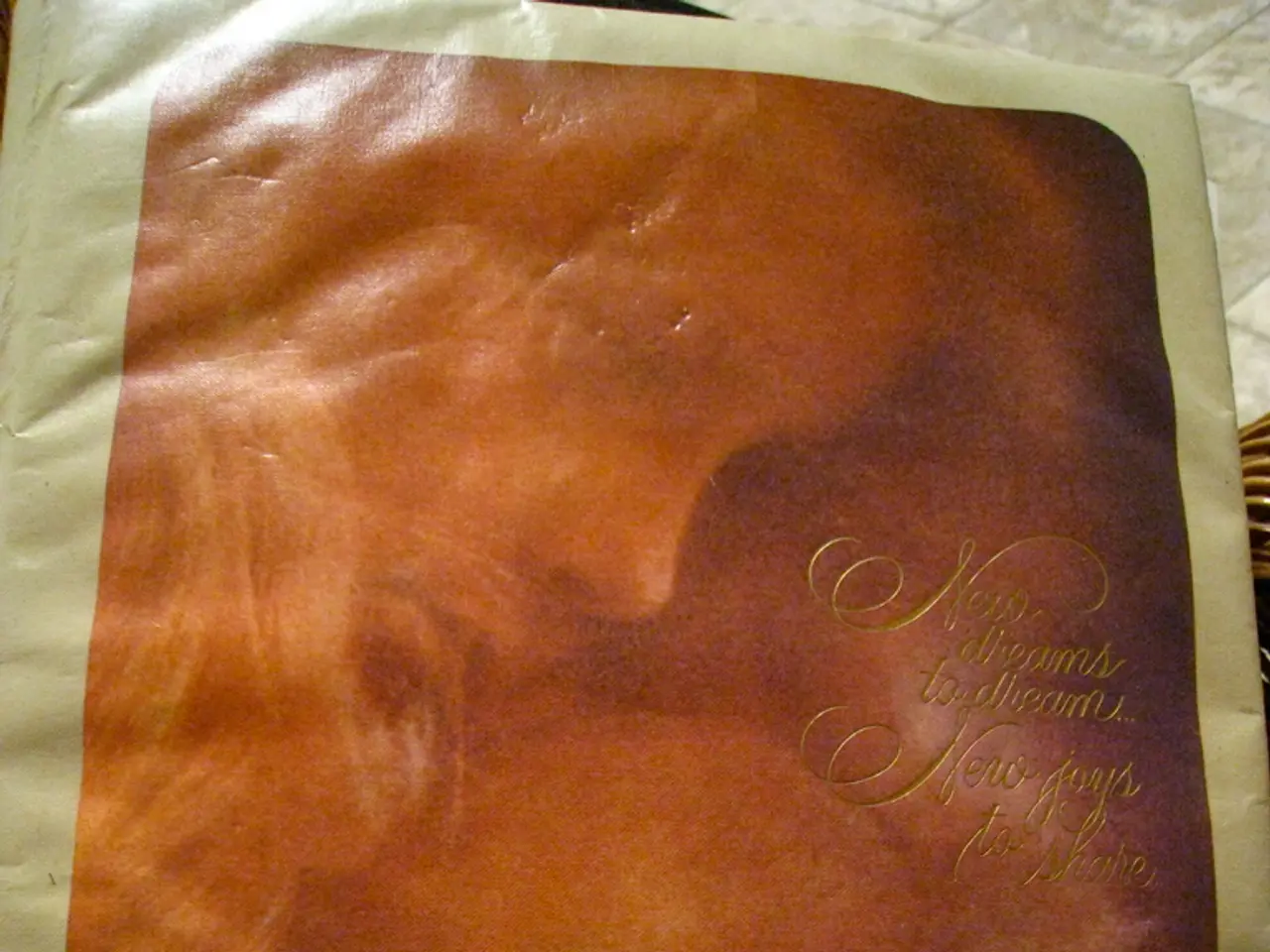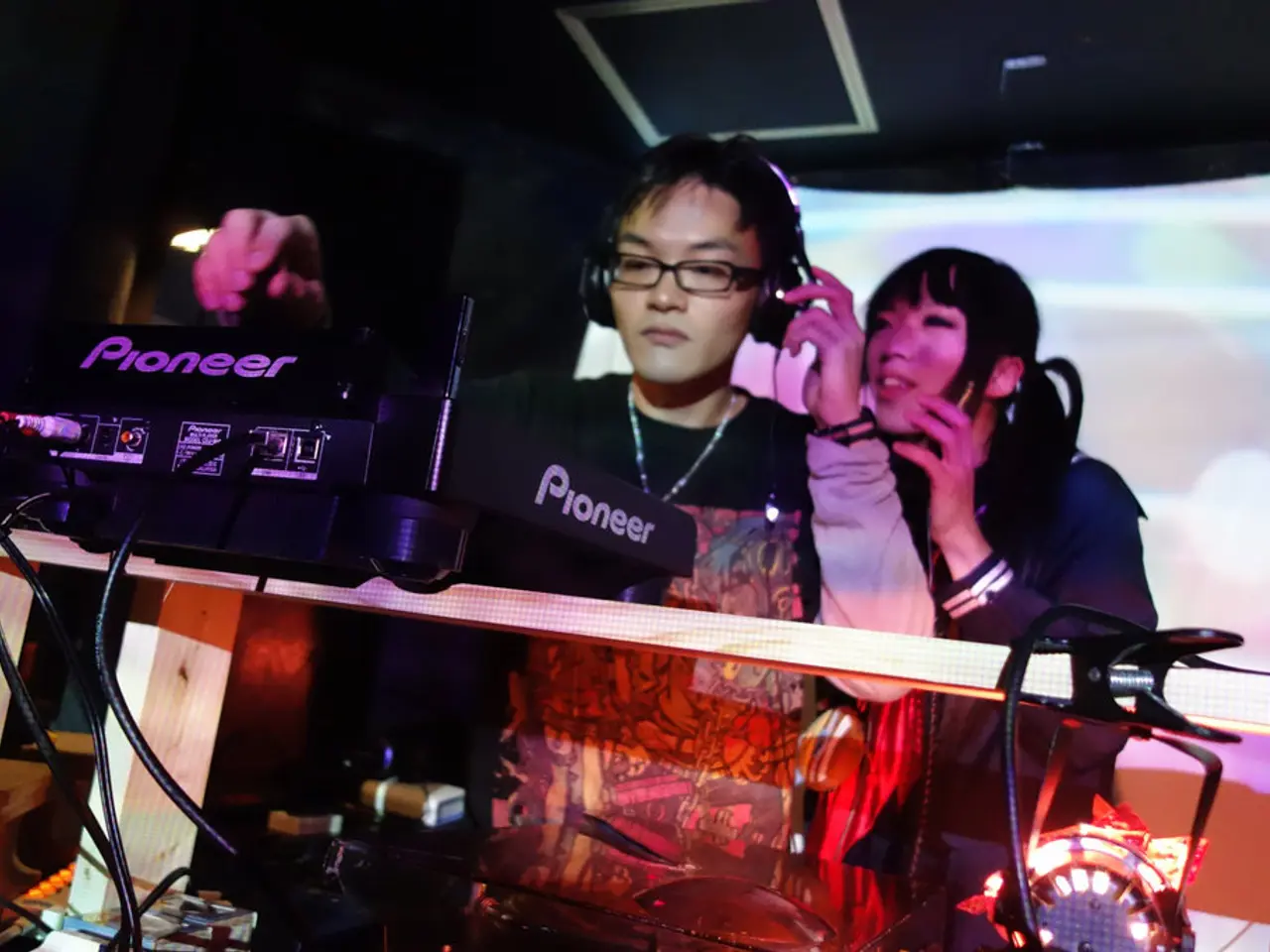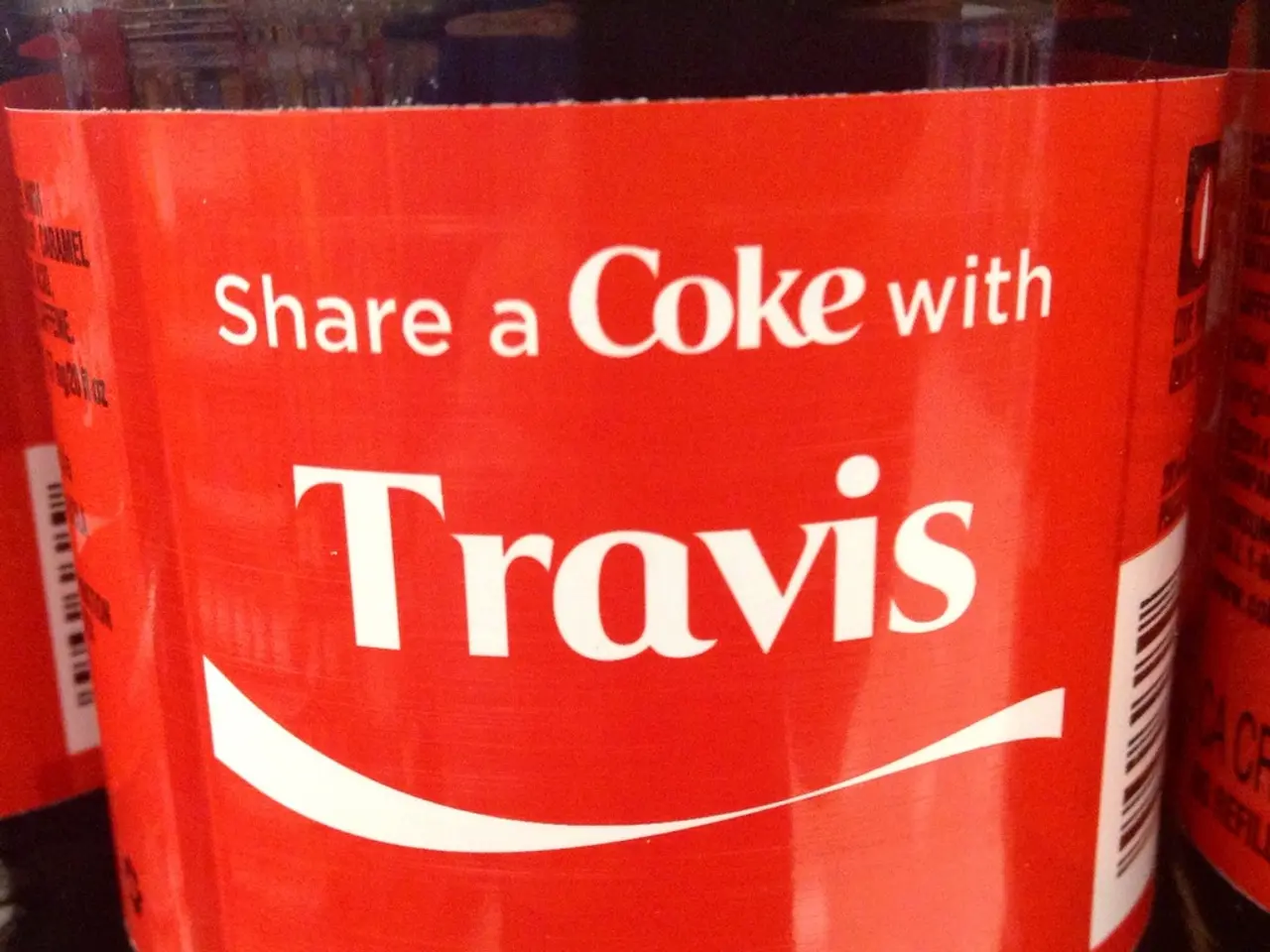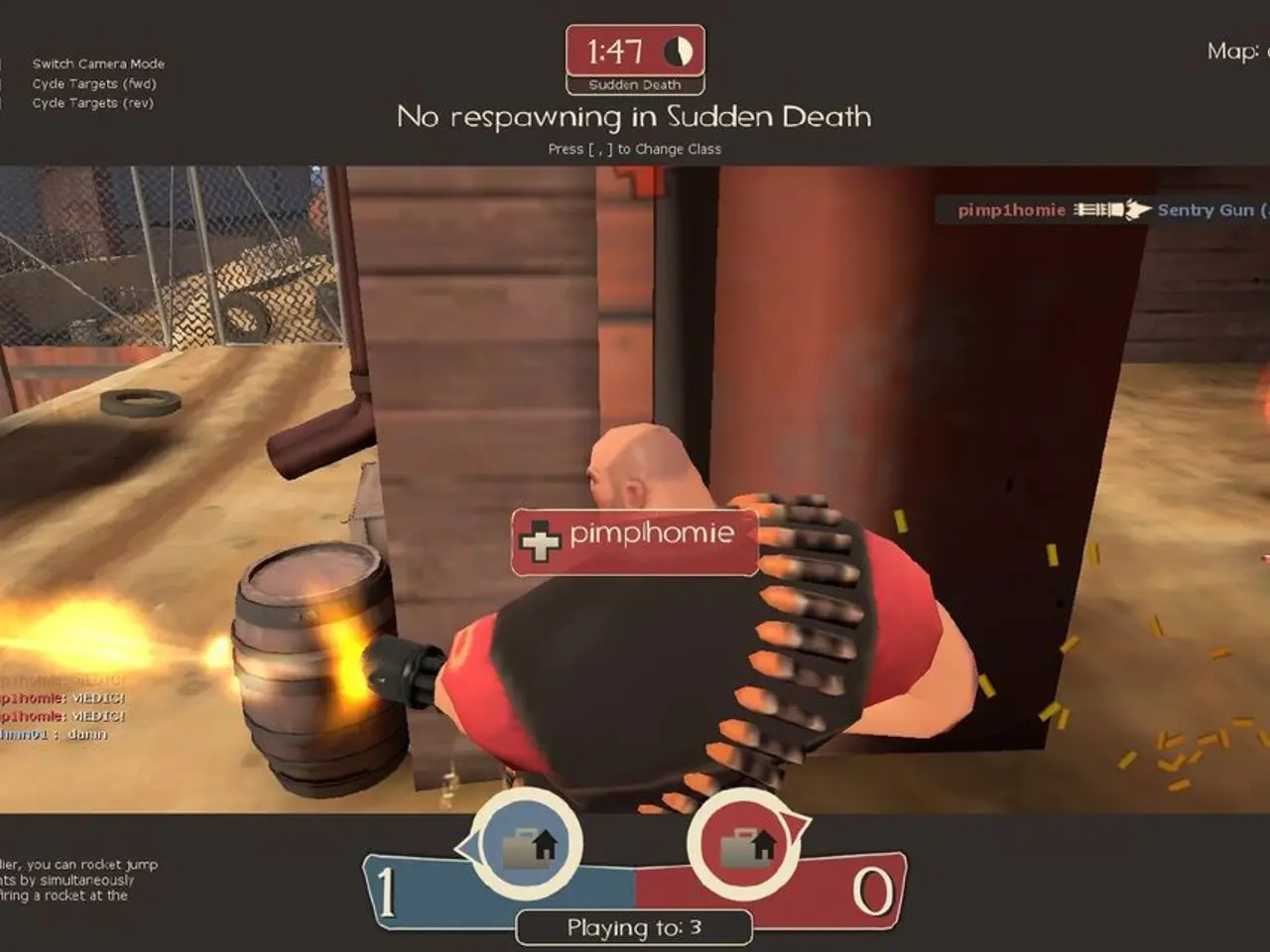Calvin Harris has welcomed a new addition to his life and has decided to share the initial glimpses of his newborn child.
In England, a Placenta Encapsulation Network exists, collecting, preparing, and encapsulating placentas for mothers who believe in the practice's potential health benefits. The network's popularity is not limited to England, as it is becoming increasingly common among humans worldwide.
Proponents of placenta encapsulation claim that it can boost energy, reduce postpartum depression, enhance milk production, and ease pain. However, these claims are largely based on anecdotal reports or theoretical nutrient and hormone content, not robust research. In fact, scientific findings show no strong evidence of health benefits, and studies have generally found that consuming placenta capsules does not significantly improve mood, energy levels, emotional bonding, or milk production compared to placebo or alternative supplements.
Calvin Harris, the renowned DJ and singer, recently expressed his admiration for his wife's decision to practice placentophagia, the consumption of the placenta. Harris shared photos of his newborn son, Micah, born on July 20th, and the placenta encapsulation process on Instagram. However, it's important to note that there is no scientific evidence to support the claimed benefits of placentophagia.
The placenta is thought to contain hormones and nutrients that could be very beneficial. However, the hormone absorption from digested placenta is poorly understood, and preparation methods may influence any components, complicating consistent effects. Furthermore, there are notable risks associated with placenta encapsulation. These risks include the possibility of bacterial or viral infections due to contamination, potential transmission of infections to the newborn, exposure to environmental toxins or medications accumulated in the placenta, possible increase in blood clot risks, and effects on breast milk production if complications like mastitis are present.
Given these risks and the absence of conclusive clinical evidence supporting placenta encapsulation, medical professionals often caution against its use. They consider it an expensive practice with unclear safety and no proven medical benefits. Women interested in the practice are advised to discuss it thoroughly with their healthcare providers.
Despite the scientific consensus, placenta encapsulation continues to gain popularity. The cost for a placenta smoothie in the network can be around 34 euros, while the capsules can cost up to 215 euros. Calvin Harris' wife, Hope, is among those who practice placentophagia, consuming her placenta for potential health benefits.
In summary, while placenta encapsulation is becoming increasingly popular, the scientific consensus does not support it as an effective postpartum health intervention, and safety concerns remain significant. Pregnant women are advised to discuss the practice thoroughly with their healthcare providers and be aware of the absence of conclusive clinical evidence supporting it.
People around the world, including celebrities like Calvin Harris, are expressing interest in family-dynamics such as placentophagia, as his wife Hope recently consumed her placenta. However, the practice has raised concerns about relationships, particularly those between parents and medical professionals, due to the lack of robust research proving its health benefits. In fact, entertainment surrounding celebrities discussing their lifestyle choices may inadvertently advocate for practices, like placenta encapsulation, that could potentially harm family dynamics and relationships. Despite the growing popularity and high costs involved, medical professionals continue to caution against its use and emphasize the need for open dialogue about the unclear safety and absence of proven medical benefits associated with placenta encapsulation.








